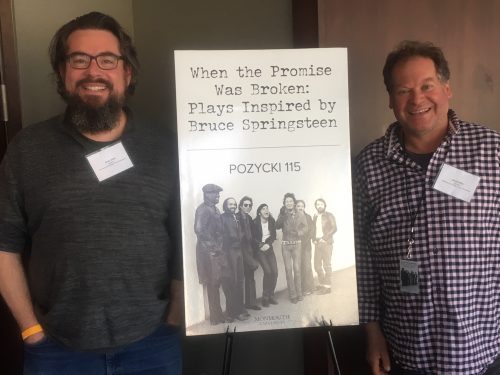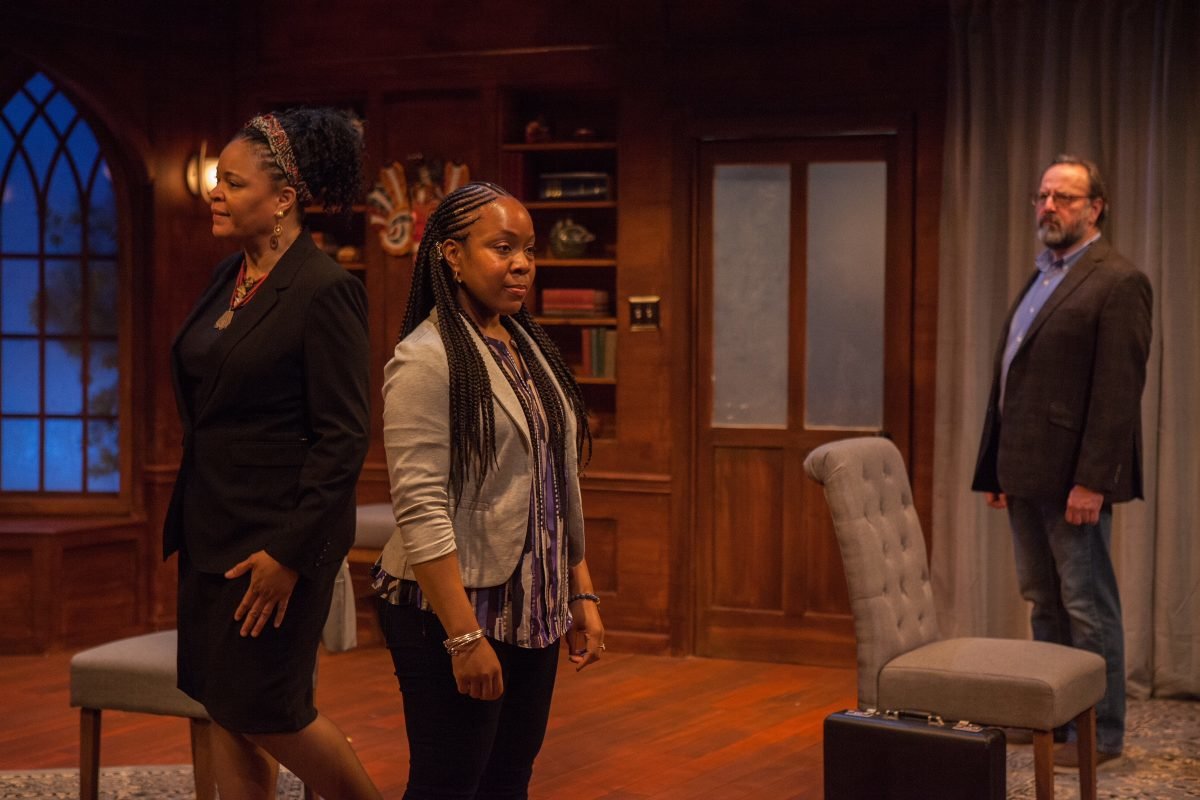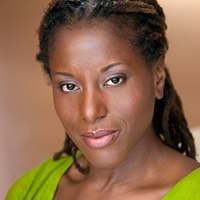Mosaic Theater Company of DC announces an eclectic lineup for the 2018-2019 season, offering serious comic release alongside searing indictment; sustaining its commitment to local writers alongside its long-running Voices from a Changing Middle East Festival, while championing intercultural encounters and honoring iconic figures in African-American culture. In addition, Season Four is the first season to achieve gender parity for Mosaic’s playwrights: four of the plays are written by men, and four by women.
“The process of choosing Mosaic’s fourth season was the most inclusive and comprehensive in our brief but intense history,” says Founding Artistic Director Ari Roth. “That befits a company dedicated more, now more than ever, to forging a Fusion Community in its audience and living out the values of Inclusion, Diversity, Equity and Access, on stage and off. Thematically, we’re spending a little more time in the past-not to turn away from the polarizing present, but to draw sustenance, example, and inspiration from history to meet our challenging moment. We are effectively saying: ‘This is how it’s been done; this is how we fight; this is how we overcome.'”
The 2018-2019 season kicks off with Marie and Rosetta, a musical celebration of two extraordinary Black Women full of flights of joy and gospel jubilation. Written by George Brant, the author of the internationally acclaimed Grounded, this powerful play with music chronicles the unlikely first rehearsal between Rosetta Tharpe and the prim, young, Marie Knight.
The Festival is followed by a bold new adaptation of Richard Wright’s iconic novel about racism, freedom, and justice, Native Son, directed by Helen Hayes Award Winner Psalmayene 24. Native Son will be performed in repertory with The Peacemaker: A Play About Guns in America, written and performed by Aaron Davidman, the creator of Wrestling Jerusalem.
The eight-play season will be rounded out by a workshop series tied to main stage programming, including a commission for director Psalmayene 24: a two-performance workshop entitled My Notes on Baldwin’s Notes of a Native Son, a response piece to coincide with Psalmayene 24’s production of Native Son. The workshop series will also include Twice Bereaved by Joshua Sobol and Eyes: A Theatrical Performance Based on Poems of Mahmoud Darwish as part of the Voices from a Changing Middle East Festival.
To read the full article, please visit Broadway World.


